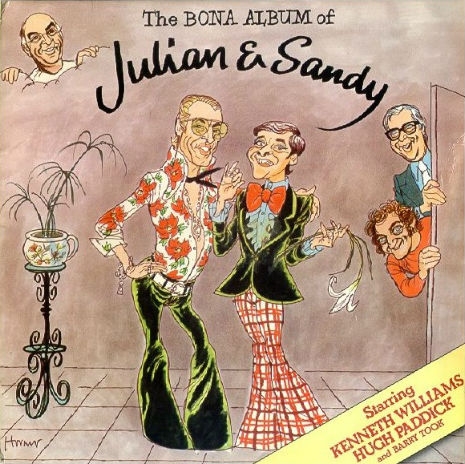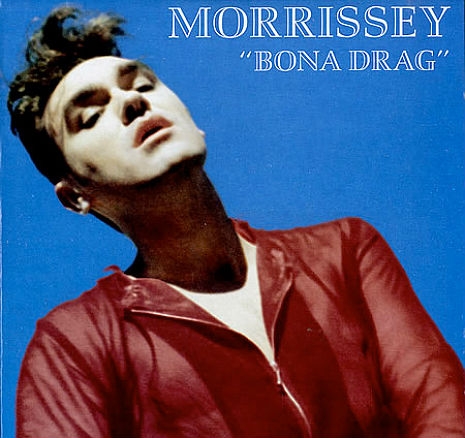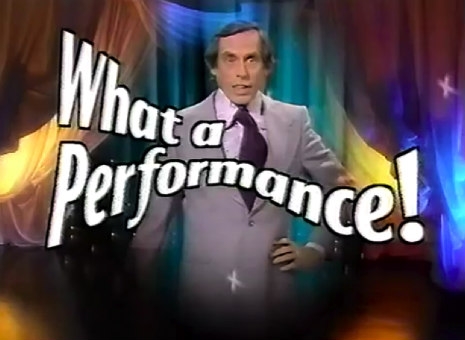
“How bona to vada your dolly old eek” may sound like gibberish, but it is in fact a warm greeting often used by gay men in England between the 1930s and early 1970s. It literally means: “How good to see your lovely/pleasant face,” and is a delightful example of the secret language Polari.
Polari comes from the Italian word “pralare” meaning “to talk” and is a mixture of Lingua Franca, Yiddish, Italian, Cockney, and slang and was a common language used by circus performers, actors, sailors, criminals, and prostitutes in the UK and Ireland from the late 16th century on. In the 1930s, Polari became the secret language for gay men to gossip in public, cruise for partners and identify one another. Polari fell out of use in the late sixties, after the UK government decriminalized homosexuality in 1967. It also fell out of favor with the more politically correct gay liberationists who saw Polari as an outdated and unhelpful stratagem.
Yet, Polari persists to be used today, and for anyone who wants to zhoosh up their vocab, then have varder at this beginner’s guide to Polari:
ajax - nearby
alamo - hot for you/him
aunt nell - listen, hear
aunt nells - ears
aunt nelly fakes - earrings
aunt nell danglers - earrings
barney - a fight
basket - the bulge of male genitals through clothes
batts - shoes
bibi - bisexual
bitch - effeminate or passive gay man
bijou - small/little
blag - pick up
blue - code word for “homosexual”
bod - body
bona - good
bona nochy - goodnight
bonaroo - wonderful, excellent
bungery - pub
butch - masculine; masculine lesbian
buvare - a drink
cackle - talk/gossip
camp - effeminate
capello/capella - hat
carsey - toilet, also spelt khazi
carts/cartso - penis
cats - trousers
charper - to search
charpering omi - policeman
charver - to shag/a shag/ have sex
chicken - young man
clobber - clothes
cod - naff, vile
cottage - a public lavatory used for sexual encounters
cottaging - seeking or obtaining sexual encounters in public lavatories
cove - friend
crimper - hairdresser
dally - sweet, kind
dilly boy - a male prostitute
dinari - money
dish - buttocks/backside
dolly - pretty, nice, pleasant
dona - woman
dorcas - term of endearment, “one who cares”
drag - clothes, esp. women’s clothes
doss - bed
ecaf - face (backslang)
eek - face (abbv. of ecaf)
ends - hair
esong - nose
fantabulosa - fabulous/wonderful
feele/freely/filly - child/young
fruit - queen
funt - pound
gelt - money
handbag - money
hoofer - dancer
HP (homy polone) - effeminate gay man
jarry - food
jubes - breasts
kaffies - trousers
khazi - toilet, also spelt carsey
lacoddy - body
lallies - legs
lallie tappers - feet
latty/lattie - room, house or apartment
lills - hands
lilly - police
lyles - legs
lucoddy - body
luppers - fingers
mangarie - food, also jarry
martinis - hands
measures - money
meese - plain, ugly
meshigener - nutty, crazy, mental
metzas - money
mince - walk (affectedly)
naff - awful, dull, hetero
nanti - not, no, none
National Handbag - dole, welfare, government financial assistance
ogle - look, admire
ogles - eyes
oglefakes - glasses
omi - man
omi-palone - effeminate man, or homosexual
onk - nose
orbs - eyes
oven - mouth
palare pipe - telephone
palliass - back
park, parker - give
plate - feet; to fellate
palone - woman
palone-omi - lesbian
pots - teeth
remould - sex change
riah/riha - hair
riah zhoosher - hairdresser
rough trade - a working class or blue collar sex partner or potential sex partner; a tough, thuggish or potentially violent sex partner
scarper - to run off
schlumph - drink
scotch - leg (Scotch egg=leg)
screech - mouth, speak
sharpy - policeman (from charpering omi)
sharpy polone - policewoman
shush - steal
shush bag - hold-all
shyker/shyckle - wig
slap - makeup
so - homosexual (e.g. “Is he ‘so’?”)
stimps - legs
stimpcovers - stockings, hosiery
strides - trousers
strillers - piano
switch - wig
thews - thighs
tober - road
todd (Sloanne) - alone
tootsie trade - sex between two passive homosexuals
trade - sex, sex-partner, potential sex-partner
troll - to walk about (esp. looking for trade)
vada/varder - to see / look
vera (lynn) - gin
vogue - cigarette
vogueress - female smoker
willets - breasts
yews - eyes
zhoosh - style hair, tart up, mince
zhoosh our riah - style our hair
zhooshy - showy
For those who wish to learn more, then have varder at Paul Baker’s Fantabulosa: A Dictionary of Polari and Gay Slang, which should improve your cackle over a few veras down the bungery.
But Polari wasn’t always kept a secret, in the 1960s, comedy writers Marty Feldman and Barry Took subversively brought Polari into every British household with their hit BBC radio series Round the Horne. Through their characters “Julian” and “Sandy,” as played by Kenneth Williams and Hugh Paddick, Feldman and Took were able to use Polari to get many an innuendo and double entendre-laden sketch past the BBC’s censors.
Here’s your host Kenneth Horne visiting Julian and Sandy’s “Bona Books”:
Mr. Horne visits Julian and Sandy’s “Bona Suits’:

Morrissey’s Bona Drag (“Nice outfit” in Polari) album and the single “Piccadilly Palare” (about male prostitutes working London’s Piccadilly Circus) brought Polari into the 1990s.






